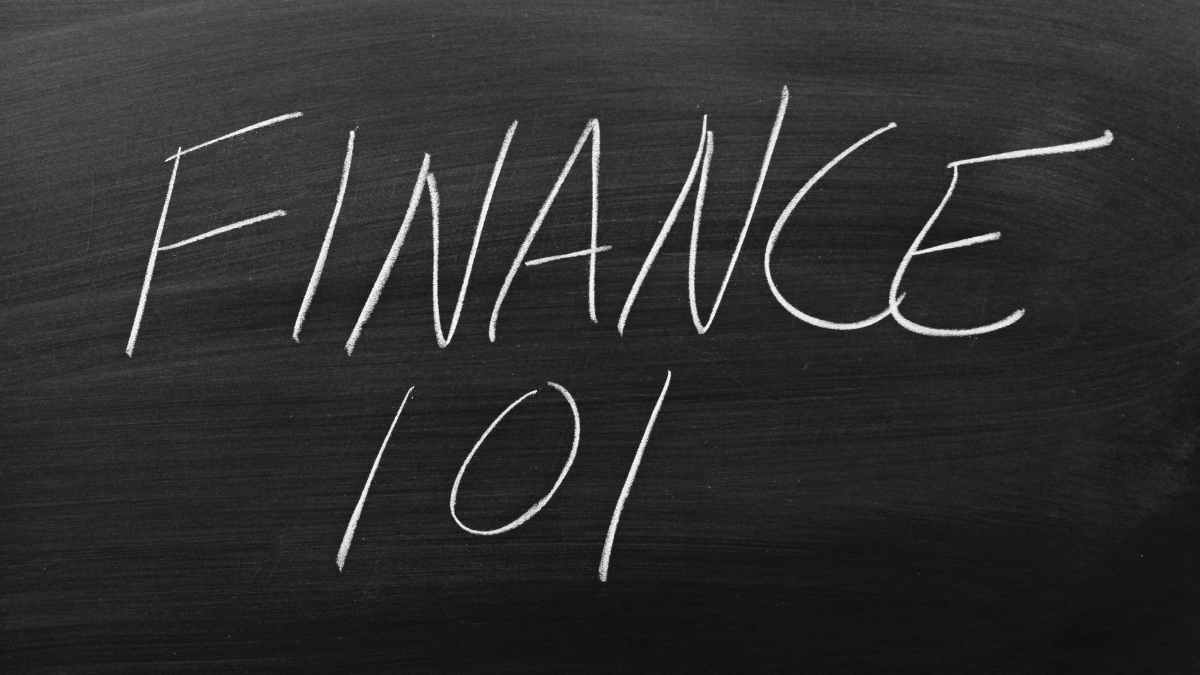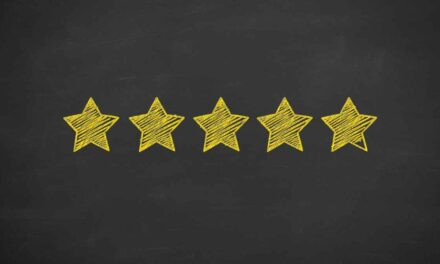Unless your content tilt is finance, you likely aren’t eager to take on the bookkeeping and related activities in your content business. But unless you have some great startup funding, you must be the finance person in your business. Read on for financial advice from some experts.
Frankly, as the owner of your business, understanding its finances is a necessity whether you end up hiring a professional or not.
“I have seen many entrepreneurs over the years lose their businesses due to lacking financial systems and basic knowledge,” says Jose Berlanga, entrepreneur and author of The Business of Home Building.
Mountain climber and entrepreneur Erik Severinghaus says, “Embarking on a startup journey is like scaling a mountain: with the right financial systems in place, every step forward brings you closer to the peak of success.”
The first step? It’s opening a business bank account so you don’t mix personal and business money, says Erik, who founded and leads Bloomfilter, a data-mining software company.
Anne McGinty, host of How I Built My Small Business podcast, is a four-time founder of small businesses (one disaster, one mildly profitable, and two successful exits).
She says in addition to opening a business bank account, you should get a dedicated credit card.
Finance content entrepreneur Joe DiSanto, founder and CEO at Play Louder, says you also should track expenses. “You need to do this because you need to make data-based decisions in an ongoing way to optimize your business,” he says.
Jose agrees. “The No. 1 recommendation I give all new entrepreneurs is to not procrastinate on setting up your financial systems even if they are not sophisticated,” he says. “The trick is to get financially organized from day one and not let this area of the business drag you down later on.”
You also should decide if you’ll operate under cash or accrual accounting, Eric says.
Cash accounting tracks the money only when it comes in and goes out. In contrast, accrual accounting records transactions at the time they happen, even if no cash has moved yet.
No matter which system you select, tracking your financial data will help you answer questions, such as: What is the gross profit of a product? What product sells the most? Which services are the most profitable? What does it cost to produce the produce? What expenses are variable or fixed? What’s the break-even point?
Good recordkeeping also can be helpful in forecasting income and expenses, especially for strategic reinvestment and cost-saving bulk purchases, Anne says.
Bookkeeping also allows you to invoice clients (accounts receivable), keep track of who has paid, and keep track of people who owe you (accounts payable).
Shawn says entrepreneurs should set up a system that lets them send invoices quickly–right after they sell or finish providing the product or service. “Ensure it is detailed, explaining what was given, payment terms, and your contact information. This helps you get money quicker but also shows professionalism in business connections,” he says.
Anne says late invoicing can disrupt payroll and operations, leading to bigger issues. “Timely invoicing ensures smooth operations,” she says.
Bookkeeping software is likely the early choice of most entrepreneurs. Experts interviewed frequently mention Quickbooks (starting at $30 a month without a discount code). Joe says Quicken Home and Business ($10.99 a month) might have sufficient capabilities to track personal and business finances initially.
Sync your bank account and credit card with your accounting software. “It simplifies expense tracking and handles invoicing, keeping all records in one place,” Anne notes.
But don’t just follow the software’s advice. Think critically. “I have a love-hate relationship with Quickbooks Online,” says small business operations consultant Sarah McNamara. “It’s a great product with wonderful functionality for small business owners. It also makes suggestions that aren’t always good to follow.”
Sarah says she frequently cleans up messy books. “This often happens when small business owners try to use accounting software without fully understanding how it works or when they delegate it to a bookkeeper without understanding how to oversee the work being done,” she says.
While you can set yourself up to handle your finances at the start, consider hiring a bookkeeper as business gets busier, Joe says.
Later, you may consider a CPA or fractional CFO who can handle the books and help you make better business decisions.
Shawn Carpenter, founder and CEO of StockAlarm, a stock alerts app, says don’t forget to compare your bank statements with your accounting records frequently so you can find mistakes quickly and understand your money situation.
“Learning to manage money well as a new business owner needs time and effort. Making good processes, staying organized, and knowing when you need help can make a strong base for company success,” Shawn says.
Learn revenue opportunities and much more with experts from Content Entrepreneur Expo. Join us in Cleveland August 24-26, 2025. Register today! |
About the author
Ann regularly combines words and strategy for B2B, B2C, and nonprofits, continuing to live up to her high school nickname, Editor Ann. An IABC Communicator of the Year and founder of G Force Communication, Ann coaches and trains professionals in all things content. Connect with her on LinkedIn and Twitter.










